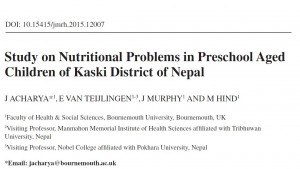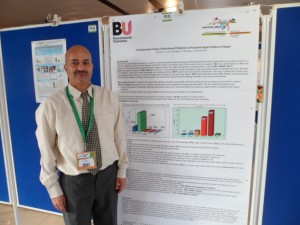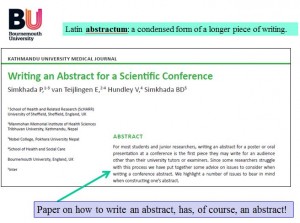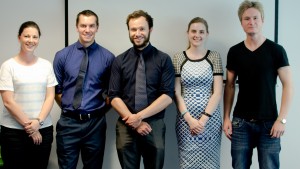 The RCUK Digital Economy Theme (DET) is running a competition designed to help capture and promote the impact that your digital economy research is having. Three prizes of £10,000 are available to support researchers to further tell the story of research impact in an interesting and engaging way to a wider audience.
The RCUK Digital Economy Theme (DET) is running a competition designed to help capture and promote the impact that your digital economy research is having. Three prizes of £10,000 are available to support researchers to further tell the story of research impact in an interesting and engaging way to a wider audience.
The competition, which has been co-developed with the National Centre for Universities and Business (NCUB), is designed to produce very informative case study exemplars which can be used to help the wider research community develop understanding of the nature of a pathway to impact. It aims to encourage applicants to tell a story to describe the pathway to impact which actually occurred. This should be even more informative because understanding how impact arises is key to planning for future impact pathways.
They want the stories to portray impact as including what capability has changed outside the institutions, and what benefits that exercising this capability change has then delivered. Each ‘Tale of Engagement’ in showing how the actual impact arises and the evidence of the impact itself will thereby show clearly the link between the impact and the research. Choosing how to tell the story should reflect the nature of the story itself. They hope that giving the timeline of the whole story should stimulate thinking on more imaginative and illustrative ways to tell the tale of engagement and the resulting impact.
You will need to complete the form on this page, addressing the questions raised in the ‘Scope of Competition’ section of the full call document, and taking into account the “Guidance on completing proforma” notes. You will need to attach to the form, a single PowerPoint slide which summarises your entry in an interesting and engaging way.
Resources
- Telling Tales of Engagement Competition 2015 (PDF 118KB)Full call document
| Closing date: | 01 December 2015 at 12:00 |
|---|
Please contact your RKEO Funding Development Officer in the first instance if you are interested in applying to this call.





























 Fourth INRC Symposium: From Clinical Applications to Neuro-Inspired Computation
Fourth INRC Symposium: From Clinical Applications to Neuro-Inspired Computation Writing policy briefs
Writing policy briefs Upholding Excellence: The Concordat to Support Research Integrity
Upholding Excellence: The Concordat to Support Research Integrity Today’s Documentation Will Serve Tomorrow’s Justice
Today’s Documentation Will Serve Tomorrow’s Justice ECR Funding Open Call: Research Culture & Community Grant – Application Deadline Friday 12 December
ECR Funding Open Call: Research Culture & Community Grant – Application Deadline Friday 12 December MSCA Postdoctoral Fellowships 2025 Call
MSCA Postdoctoral Fellowships 2025 Call ERC Advanced Grant 2025 Webinar
ERC Advanced Grant 2025 Webinar Horizon Europe Work Programme 2025 Published
Horizon Europe Work Programme 2025 Published Horizon Europe 2025 Work Programme pre-Published
Horizon Europe 2025 Work Programme pre-Published Update on UKRO services
Update on UKRO services European research project exploring use of ‘virtual twins’ to better manage metabolic associated fatty liver disease
European research project exploring use of ‘virtual twins’ to better manage metabolic associated fatty liver disease